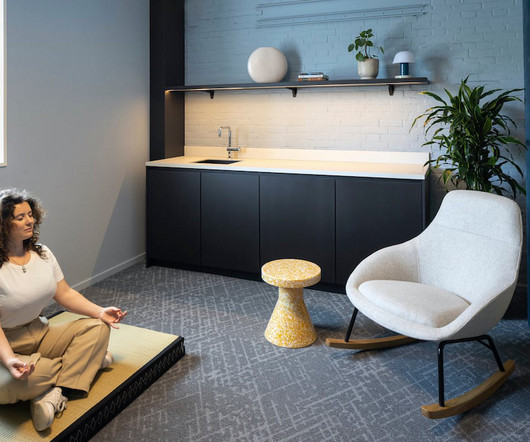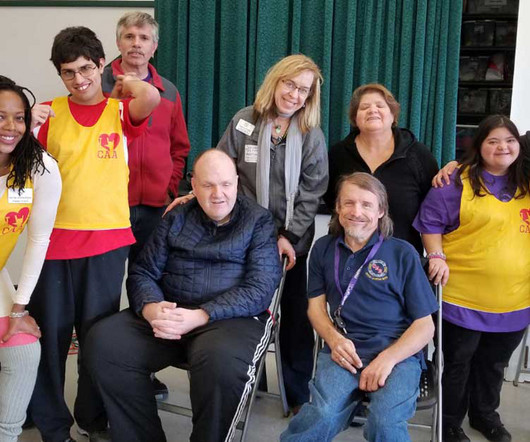4 Priorities To Consider When Designing Workplaces For Gen Z
Allwork
SEPTEMBER 8, 2023
Born between 1997 and 2012, Gen Z is the first digitally native generation and is becoming the most diverse and educated. With this shift in mentality and focus on a more varied, nomadic lifestyle, we need to ensure our workspaces are flexible and inclusive to support and engage Gen Z. It seems like a winning recipe, doesn’t it?













Let's personalize your content